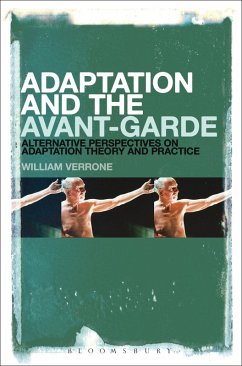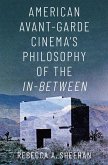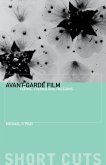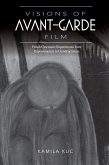Adaptations have occurred regularly since the beginning of cinema, but little recognition has been given to avant-garde adaptations of literary or other texts. This compelling study corrects such omissions by detailing the theory and practice of alternative adaptation practices from major avant-garde directors.
Avant-Garde films are often relegated to the margins because they challenge our traditional notions of what film form and style can accomplish. Directors who choose to adapt previous material run the risk of severe critical dismay; making films that are highly subjective interpretations or representations of existing texts takes courage and foresight. An avant-garde adaptation provokes spectators by making them re-think what they know about film itself, just as much as the previous source material.
Adaptation and the Avant-Garde examines films by Peter Greenaway, Jean-Luc Godard, Guy Maddin, Jan Svankmajer and many others, offering illuminating insights and making us reconsider the nature of adaptation, appropriation, borrowing, and the re-imagining of previous sources.
Avant-Garde films are often relegated to the margins because they challenge our traditional notions of what film form and style can accomplish. Directors who choose to adapt previous material run the risk of severe critical dismay; making films that are highly subjective interpretations or representations of existing texts takes courage and foresight. An avant-garde adaptation provokes spectators by making them re-think what they know about film itself, just as much as the previous source material.
Adaptation and the Avant-Garde examines films by Peter Greenaway, Jean-Luc Godard, Guy Maddin, Jan Svankmajer and many others, offering illuminating insights and making us reconsider the nature of adaptation, appropriation, borrowing, and the re-imagining of previous sources.









